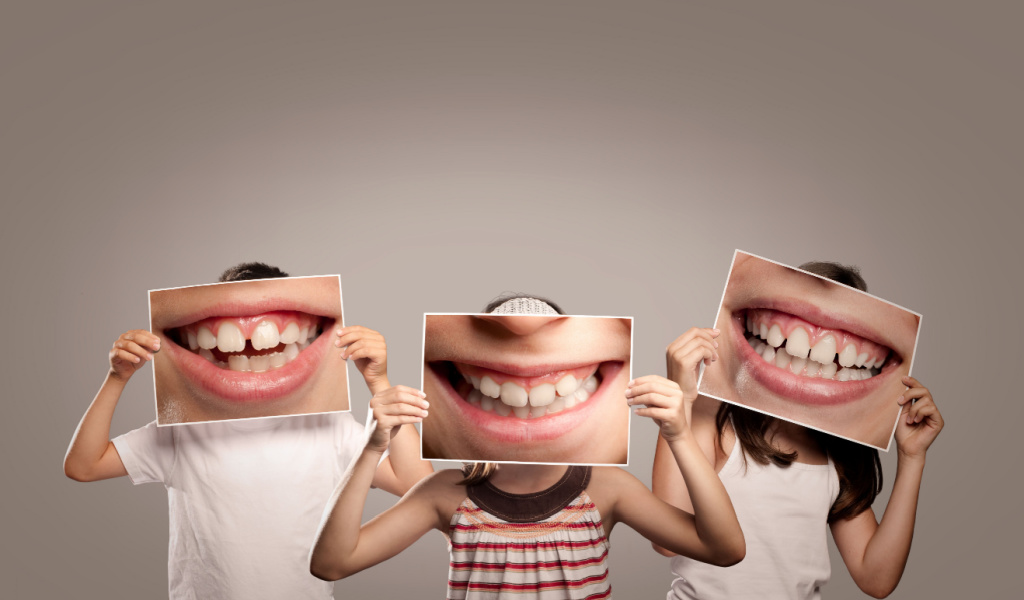Getting enough sleep isn’t always easy, but it’s critical to your overall health and well-being. If you don’t get enough sleep, your mood and productivity will suffer, and you may even increase your risk of health problems like diabetes and heart disease. Here are five tips for getting better sleep every night

Eliminate technology from your bedroom
Being in bed while looking at our phones, tablets, and other digital devices is basically setting up our minds to be awake. The light emanating from these devices (blue light, specifically) is alerting our brains that it’s time to get going when, in fact, we should be winding down. For optimal sleep quality and better sleep quantity — in addition to feeling more refreshed during your waking hours — it’s important to ditch technology before hitting the sheets.
Have a pre-sleep ritual
This could mean reading in bed (not on a screen!), taking a warm bath, or even playing soft music. Do whatever works best for you. The key is that it should wind you down to prepare your body and mind for sleep. (Before bed, try not to engage in stimulating activities such as watching TV.) If possible, try to create an environment where you can be alone and undisturbed.
Buy quality sheets, pillows, and mattresses
Investing in quality bedding can make a big difference when it comes to improving your sleep. It’s not about skimping on comfort but making sure you have a good night’s rest every night. Poorly made sheets, pillows, and mattresses are full of toxins that may be causing you to toss and turn all night. By replacing them with hypoallergenic, chemical-free products from organic cotton or wool, you can greatly improve your sleep quality while avoiding chemicals that could cause long-term health problems. These organic materials are better for Mother Earth and will often last much longer than less expensive synthetic materials.
Invest in blackout curtains
Staring at your phone or tablet right before bed makes it hard to shut off, leading to an even harder time falling asleep. But blackout curtains can reduce light in your bedroom by up to 50 percent — cutting out background room light and even the most-annoying street lamps. Try pairing them with white noise headphones, which help drown out distractions and encourage deeper sleep. They’re also great if you live in an area where it gets very bright at night. The combination will make your room as dark as possible — and give you more energy during daylight hours.
If you can’t fall asleep, get up and do something calming until you feel sleepy
If you’re not asleep within 20 minutes of getting into bed, get up and do something calming until you feel sleepy again. Avoid watching TV or working on your computer. Instead, try reading a book or taking a hot bath. If you can’t fall asleep, don’t lie in bed frustrated — getting up and doing something soothing will help you relax and improve your chances of falling asleep when you return to bed.



